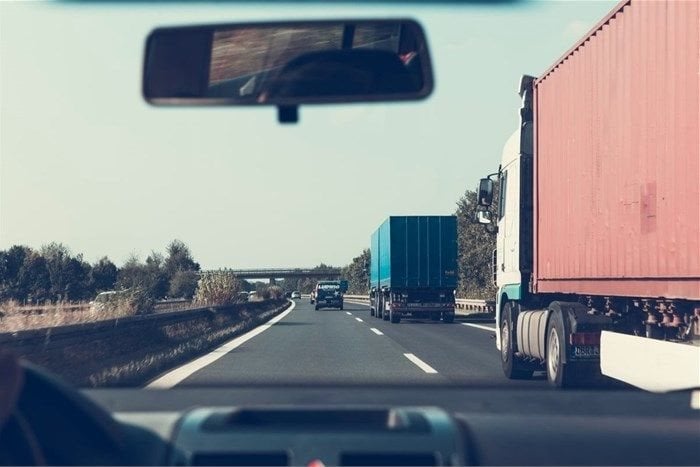
Top stories






More news















Logistics & Transport
Maersk reroutes sailings around Africa amid Red Sea constraints


According to van Reenen, the issue is being exacerbated by mining companies trying to meet European demand for coal since countries have stopped buying the commodity from Russia, given the Ukrainian invasion. "These companies are resorting to using SA’s roads because of the country’s poor rail infrastructure."
He says that this may come at a great economic cost. "If our roads need to be rebuilt or repaired due to the increase in truck traffic, it can take many years to complete. On a stretch of road like the N12 where there is 100km between two economic hubs, this scenario will make it difficult to conduct business."
As an example, the road between Kimberley and Barkly West has been shut for months. Vehicles have to use a detour via the N12, adding more congestion to the highway.
Although the South African National Roads Agency (Sanral) announced earlier this year that it was planning for construction and maintenance upgrades to the N12 (which runs from George through Beaufort West, Kimberley, Klerksdorp and Johannesburg to eMalahleni), van Reenen says that fixing roads is an ongoing problem if truck congestion is not sorted out.
"Road infrastructure should be prioritised prior to congestion so as to minimise the economic impact on businesses and towns in affected areas."
Sanral announced that the upgrading and resurfacing of the N12 ranges from 10 to 15 months and is estimated to cost between R40m to R50m per project.
Van Reenen says plans need to focus on preventing potholes, not simply fixing them and that ongoing maintenance can help to create the jobs the country so needs. "The fear of hunger is more than the fear of the law. We need more jobs to be created."
This can be done for example, with the cutting of grass along curbs, so as to ensure that when it rains, there is sufficient drainage. Research suggests that South Africa has moved into a period where there is likely to be more rainfall in central parts of the country in the next few years.
"With increased rainfall and traffic, our highways will deteriorate at a much quicker rate, which will have the adverse effect of cars finding an alternative route, which is akin to increasing traffic from two lanes to one, putting more strain on the roads."
Putting more pressure on the entire system is the recent devastating floods that took place in KwaZulu-Natal, with Transport Minister Fikile Mbalula having said that it would cost billions of rands to fix roads like the N2 and N3, with the exact extent and cost of the damages yet to be confirmed.
Earlier in April, agricultural body AgriSA also highlighted that the deterioration of the country’s road network and continued poor maintenance is having a direct impact on the agricultural sector – and by extension, the price of produce in South Africa.
Van Reenen says that agricultural communities like farmers and other stakeholders are already doing what they can to fix roads, but this simply amounts to making a hole in the water.
"Of course, it goes without saying that it is important that, to really deal with the problem and to make our national roads safer so that that they can continue serving urban and farming communities, road maintenance needs to be supplemented with a robust plan to get our railways back on track. Otherwise, it will yet again be the consumer who has to bear the cost and burden," concludes van Reenen.